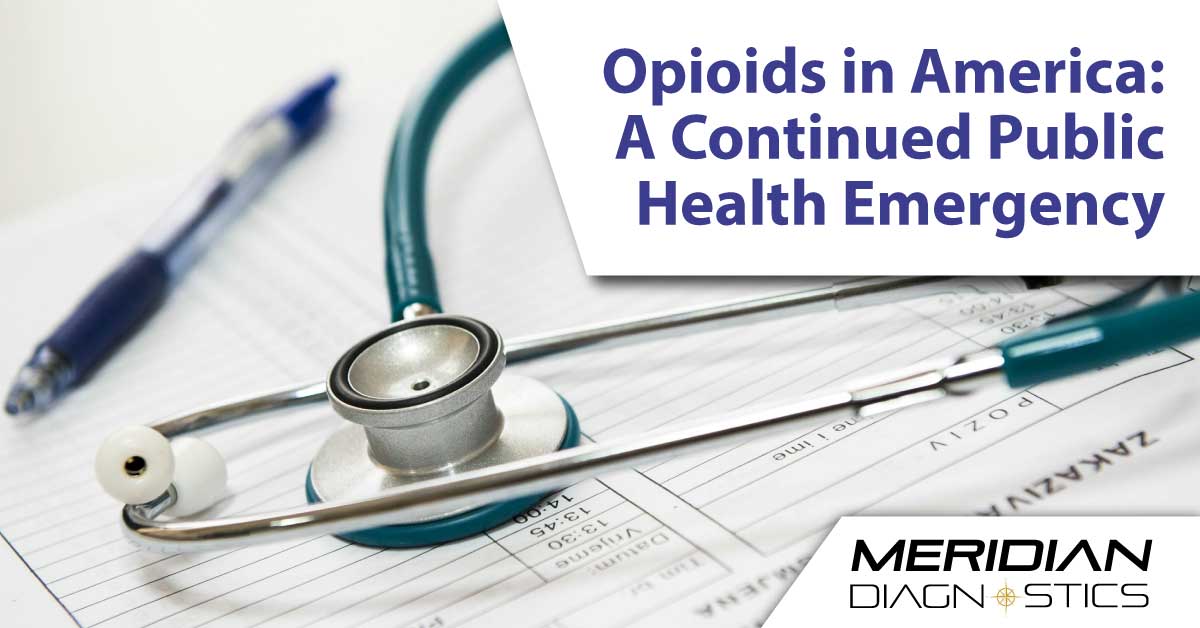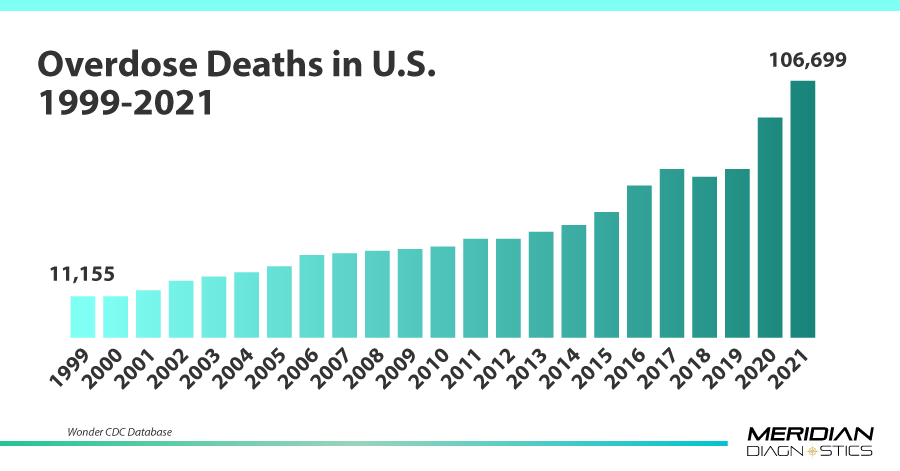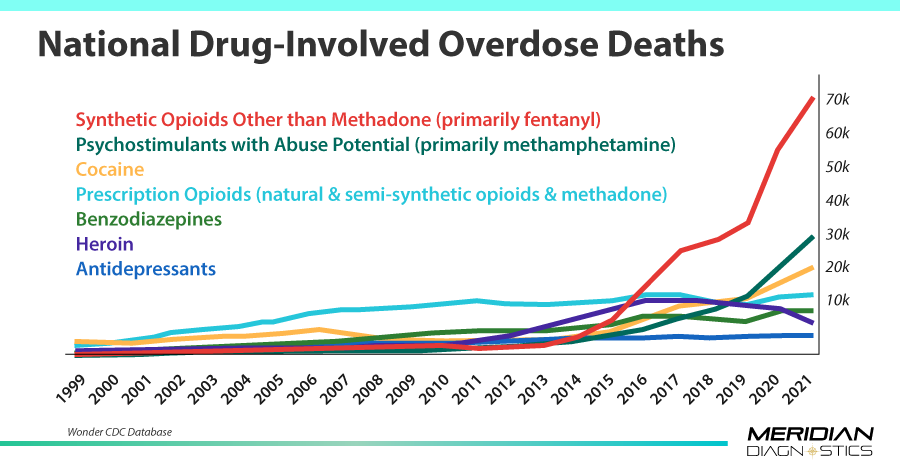
The opioid crisis in the United States continues to be a public health emergency, with profound impacts on individuals, families, and communities across the nation. In recent years, the healthcare industry has intensified its efforts to combat this epidemic, leveraging a combination of innovative treatments, behavioral health interventions, and cutting-edge technologies. As of 2023 and into 2024, data and statistics have highlighted some progress, yet also underscore the significant challenges that remain.
Understanding the Scope
Recent statistics underscore the gravity of the crisis. According to the Centers for Disease Control and Prevention (CDC), approximately 75,000 opioid-related overdose deaths were reported in the United States in 2023, a figure that, while slightly improved from previous years, still reflects a significant public health crisis. This alarming number has galvanized the healthcare sector into action, with drug treatment centers and behavioral facilities taking center stage in the fight against opioid misuse and addiction.

Data: CDC WONDER - As of writing, 2022 and 2023 data is yet to be published
The Role of Treatment Centers and Behavioral Facilities
Drug treatment centers and behavioral health facilities are critical components in the continuum of care for individuals struggling with opioid addiction. These institutions offer a range of services, from detoxification and medication-assisted treatment (MAT) to counseling and long-term recovery support. MAT, in particular, has shown promising results; a combination of medications like buprenorphine, methadone, and naltrexone, along with counseling and behavioral therapies, has been effective in reducing opioid use and improving patient outcomes.
Behavioral health interventions, including cognitive-behavioral therapy (CBT), contingency management, and motivational interviewing, have also been integral in addressing the psychological aspects of addiction. These approaches help individuals develop coping strategies, improve emotional regulation, and make positive changes in behavior, which are essential for long-term recovery.
Innovations in the Healthcare Industry
Innovation in the healthcare industry has played a pivotal role in addressing the opioid crisis. One of the key advancements has been in the realm of toxicology testing services, where companies like Meridian Diagnostics are leading the way. Meridian Diagnostics offers state-of-the-art toxicology testing services that are crucial for accurately diagnosing substance use disorders, monitoring treatment efficacy, and ensuring patient safety. By identifying the presence of opioids and other illicit drugs, healthcare providers can tailor treatment plans to meet the specific needs of each individual, enhancing the chances of recovery.
Furthermore, Meridian Diagnostics’ toxicology services support healthcare providers in adhering to best practices for prescribing opioids, helping to prevent misuse and addiction. By providing precise and reliable testing, Meridian Diagnostics assists in creating a safer prescribing environment, which is vital for curtailing the opioid epidemic.

Data: CDC WONDER - As of writing, 2022 and 2023 data is yet to be published
The Impact of Technology and Data Analytics
Technology and data analytics have also emerged as powerful tools in the fight against the opioid crisis. Advanced data analytics enable healthcare providers and policymakers to track trends in opioid use and overdose rates, identify high-risk populations, and allocate resources more effectively. Electronic health records (EHRs) and prescription drug monitoring programs (PDMPs) facilitate safer prescribing practices and enhance coordination of care among healthcare providers.
Call to Action
As we continue to navigate the complexities of the opioid crisis, it’s clear that a collaborative, multi-faceted approach is necessary. Drug treatment centers and behavioral health facilities play a crucial role in providing comprehensive care and support to those affected. At the same time, medical laboratory innovations in toxicology testing, like those offered by Meridian Diagnostics, are essential for guiding treatment decisions and promoting safe prescribing practices,” says Meridian Diagnostics CEO Rhyan Walcott, who also serves as Managing Partner of Apex Professional Solutions, a medical laboratory consultation firm
Healthcare providers are encouraged to leverage these resources and technologies to enhance patient care and contribute to the broader efforts to mitigate the opioid epidemic. By working together and employing the latest advancements in medical science and technology, we can make significant strides in overcoming this crisis.
For more information on how Meridian Diagnostics can assist in the fight against the opioid battle with our toxicology testing services, healthcare providers are invited to visit our website. Together, we can make a difference in the lives of those impacted by opioid addiction and work towards a healthier, safer future.

